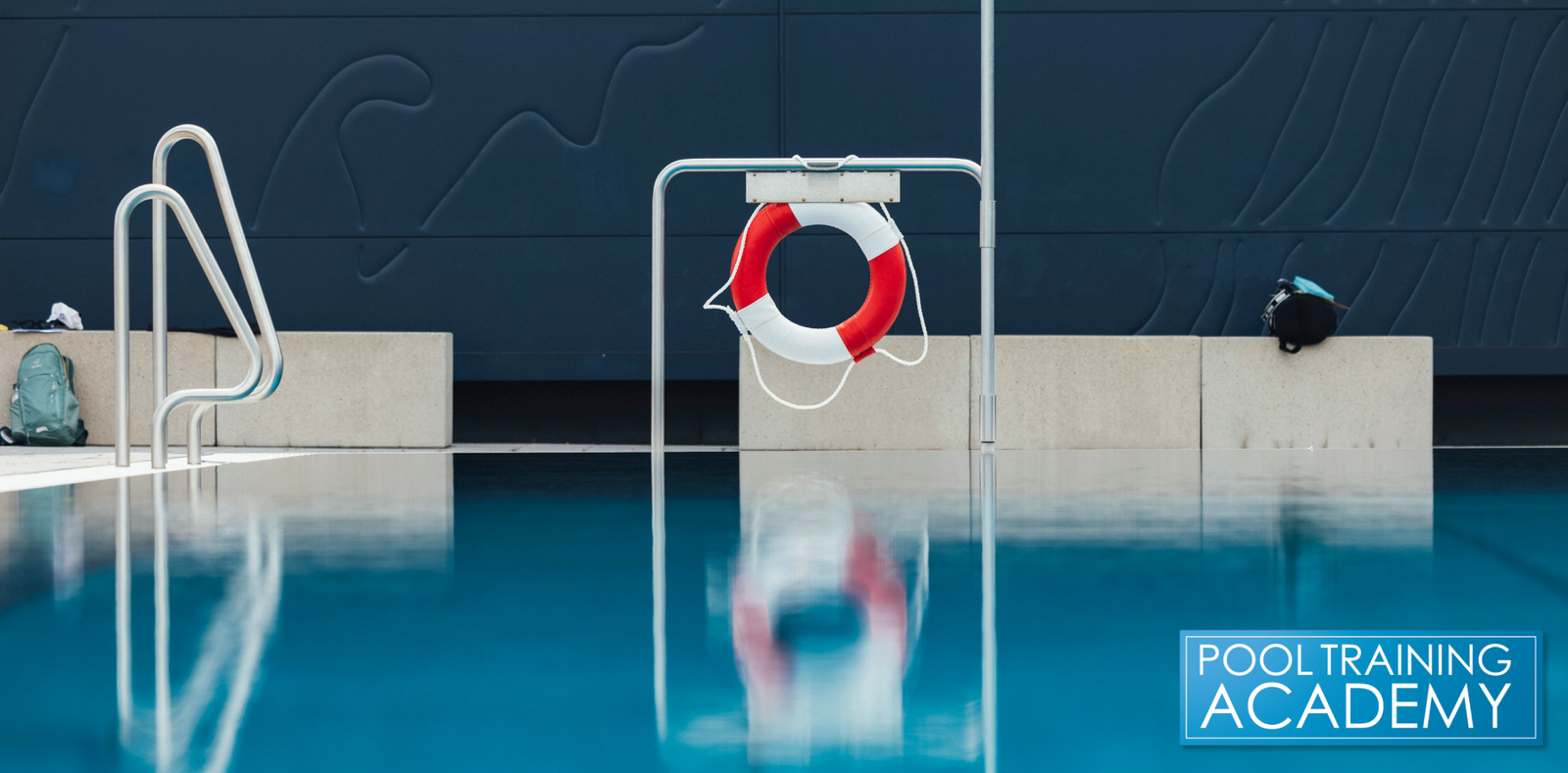
Who Should Be CPO® (Certified Pool Operator) Certified?
Let's be honest, swimming pools are a huge selling point of both commercial and residential properties, but they require proper care and attention to remain safe and healthy for users. One of the best ways to ensure proper pool operation is by having a Certified Pool Operator® (CPO®) on staff. But who exactly needs this certification—and why?
In this article, we're going to take a closer look at who should be CPO® Certified and how that certification benefits individuals, businesses, and pool users.
What is a CPO Certification?
A Certified Pool Operator (CPO) certification is awarded to individuals who complete a training program offered by Certified CPO Instructors® through the Pool & Hot Tub Alliance (PHTA). This program covers the fundamentals of pool and spa operation, including:
-
Water chemistry and balance
-
Filtration and circulation systems
-
Disinfection techniques
-
Safety and regulatory compliance
-
Problem-solving and troubleshooting
The certification is recognized in all 50 states and often required by health departments for operators of commercial aquatic facilities.
Who Should Be CPO Certified?
1. Commercial Pool Operators
Anyone responsible for the daily operations of a public or semi-public pool—such as those in hotels, waterparks, gyms, apartment complexes, or community centers—should be CPO certified. In many states and counties, this is not just a recommendation; it's a legal requirement.
2. Facility Managers and Maintenance Personnel
Even if a facility employs a third-party service provider, on-site staff such as general managers, maintenance techs, or building engineers should also be CPO® Certified and can benefit greatly from understanding pool operations. Certification empowers them to spot problems early, communicate more effectively with vendors, and ensure compliance with regulations.
3. Health Inspectors and Code Officials
While not always required for employment, CPO certification can be a valuable asset for public health officials and code inspectors. It enhances their understanding of pool systems and makes inspections more thorough and meaningful.
4. Aquatics and Recreation Directors
Program directors who oversee aquatics activities—like swim lessons, water aerobics, or lifeguard teams—should consider CPO certification. It helps them understand the technical side of pool operations and make informed decisions that affect safety and programming.
5. Lifeguards and Head Lifeguards
Though lifeguards focus primarily on swimmer safety, senior staff or head lifeguards often assist with pool opening/closing and daily water testing. CPO certification prepares them to take on these responsibilities safely and effectively.
6. Pool Service Technicians and Contractors
Independent pool service providers and repair contractors should be certified to validate their expertise and ensure they’re using proper practices in water treatment and system maintenance. CPO certification builds trust with clients and gives technicians a competitive edge.
7. School and University Facility Staff
Educational institutions often have pools for athletics and physical education. Staff responsible for these facilities—whether directly or in a supervisory role—should be certified to maintain safety standards and prevent liability issues.
Why CPO® Certification Matters
CPO® certification isn’t just about checking a box and showing people that you have a piece of paper with your name on it — it represents a commitment to health, safety, and professionalism. Certified individuals are equipped to:
-
Prevent recreational water illnesses (RWIs)
-
Minimize chemical risks and equipment failures
-
Comply with local and state regulations
-
Reduce liability and costly mistakes
-
Extend the life of pool equipment through proper maintenance
Should I Be CPO® Certified?
If you’re involved in the operation, supervision, or regulation of a pool or spa facility, CPO certification is a smart—and often necessary—investment. Whether you're a seasoned facility manager or a new maintenance technician, the knowledge gained from CPO training can save time, money, and lives. In an industry where safety and compliance are non-negotiable, certification is more than a credential—it’s a responsibility.
And obtaining a CPO certification with Pool Training Academy offers a range of benefits that make it a smart choice for individuals seeking a career in the pool and spa industry. The combination of flexibility, expert instruction, engaging content, and cost-effectiveness ensures you receive a top-notch education and the necessary tools to become a skilled and responsible pool operator.
Invest in your career with Pool Training Academy's fully online CPO certification course and take the first step towards a successful and rewarding career in the aquatic industry. Click here to get started!




Leave a comment (all fields required)